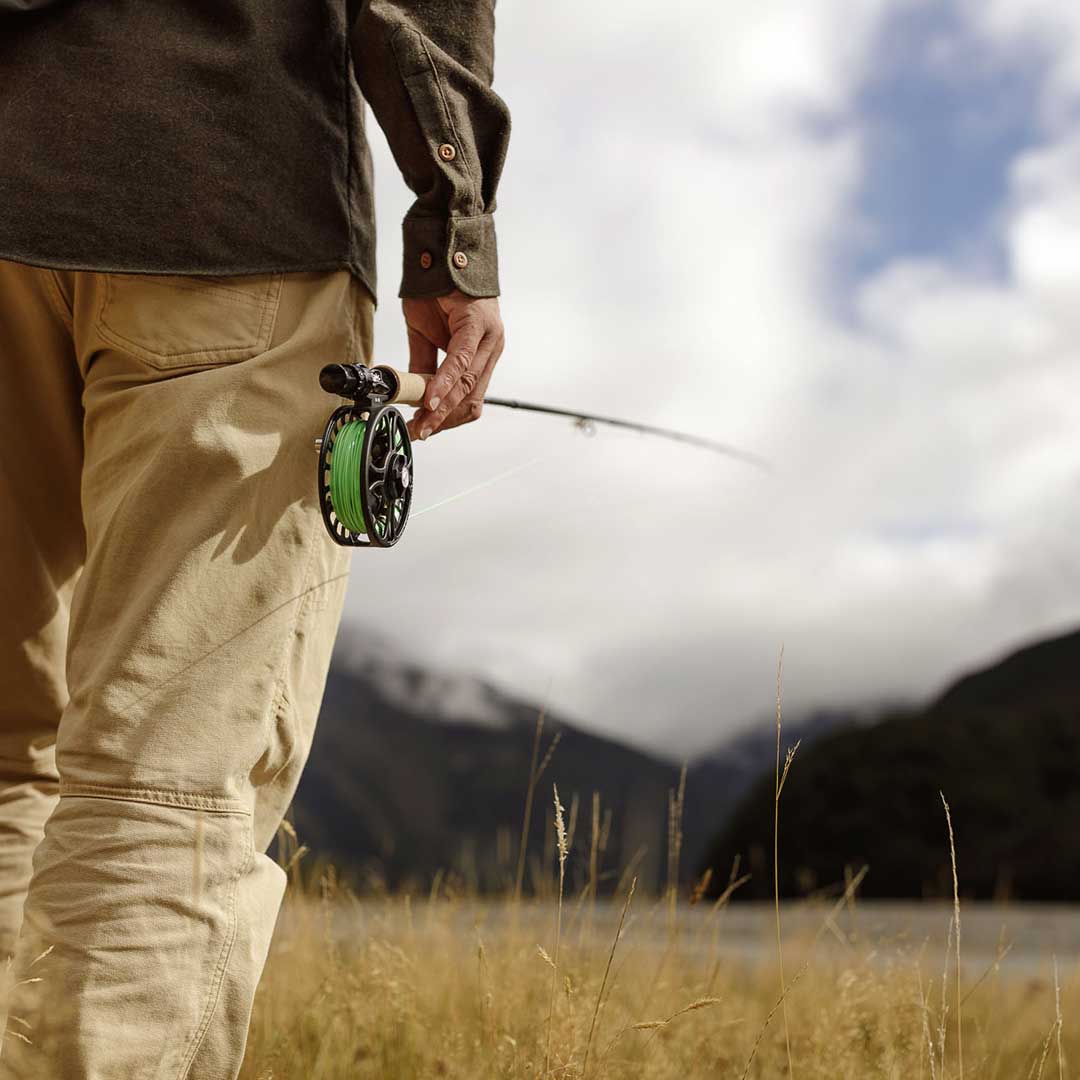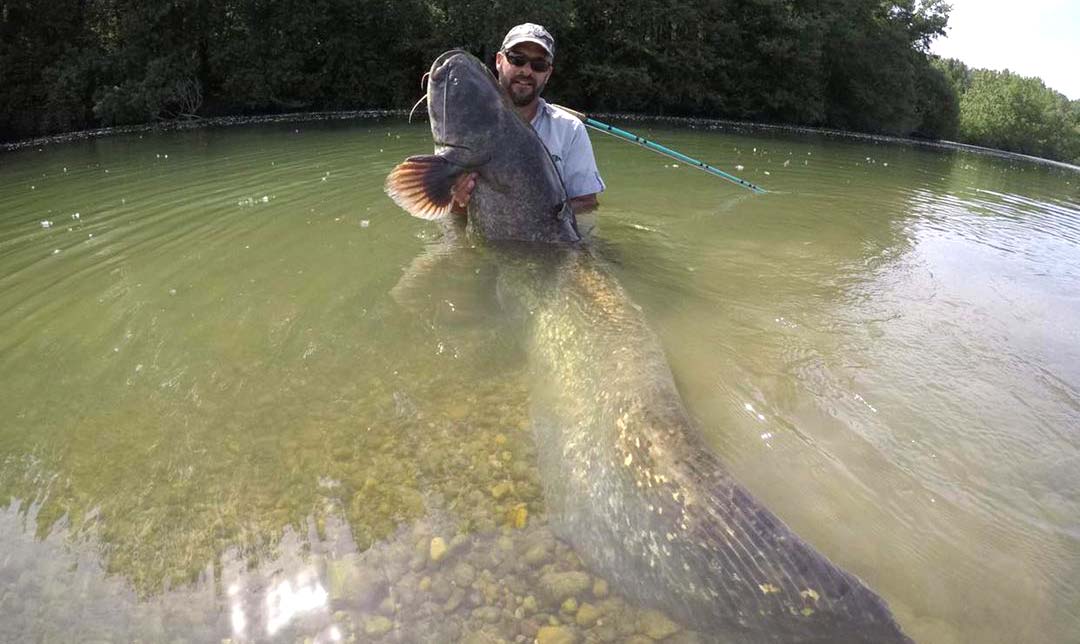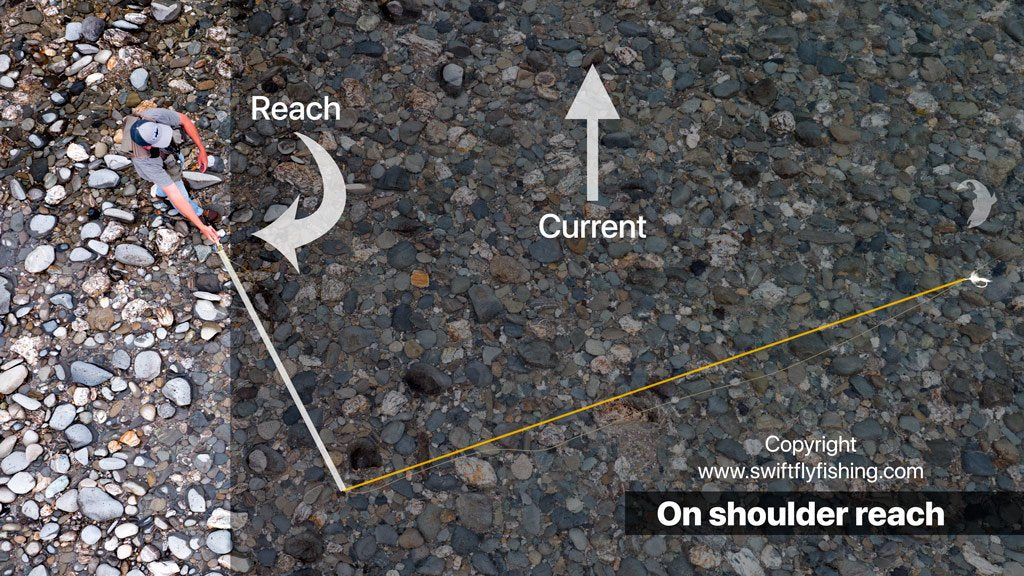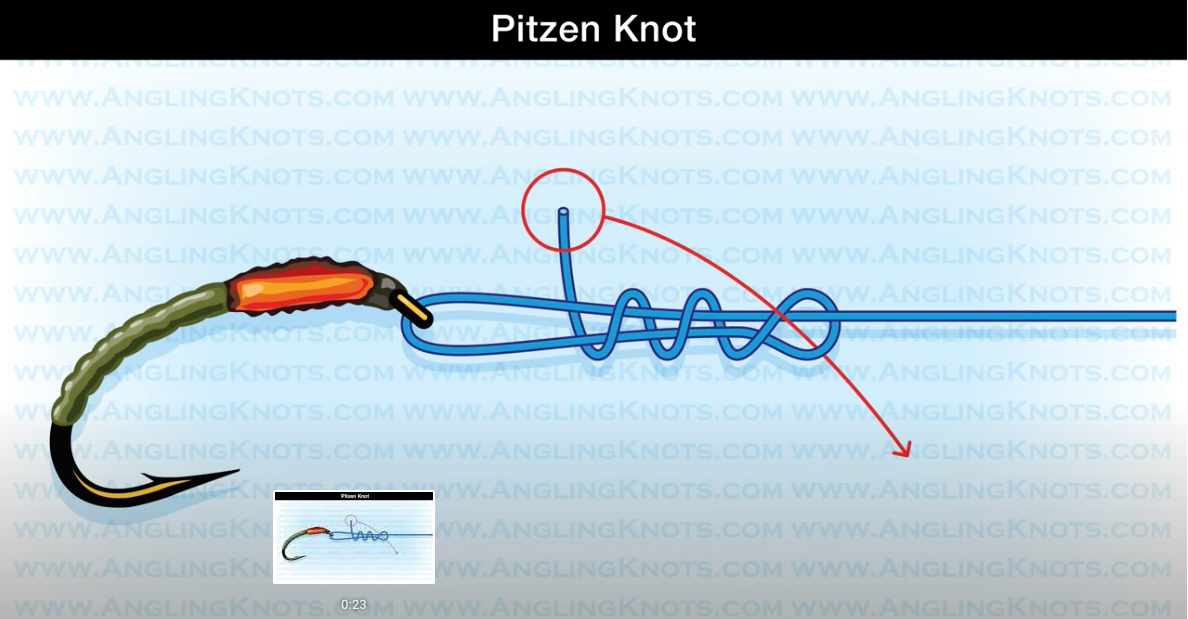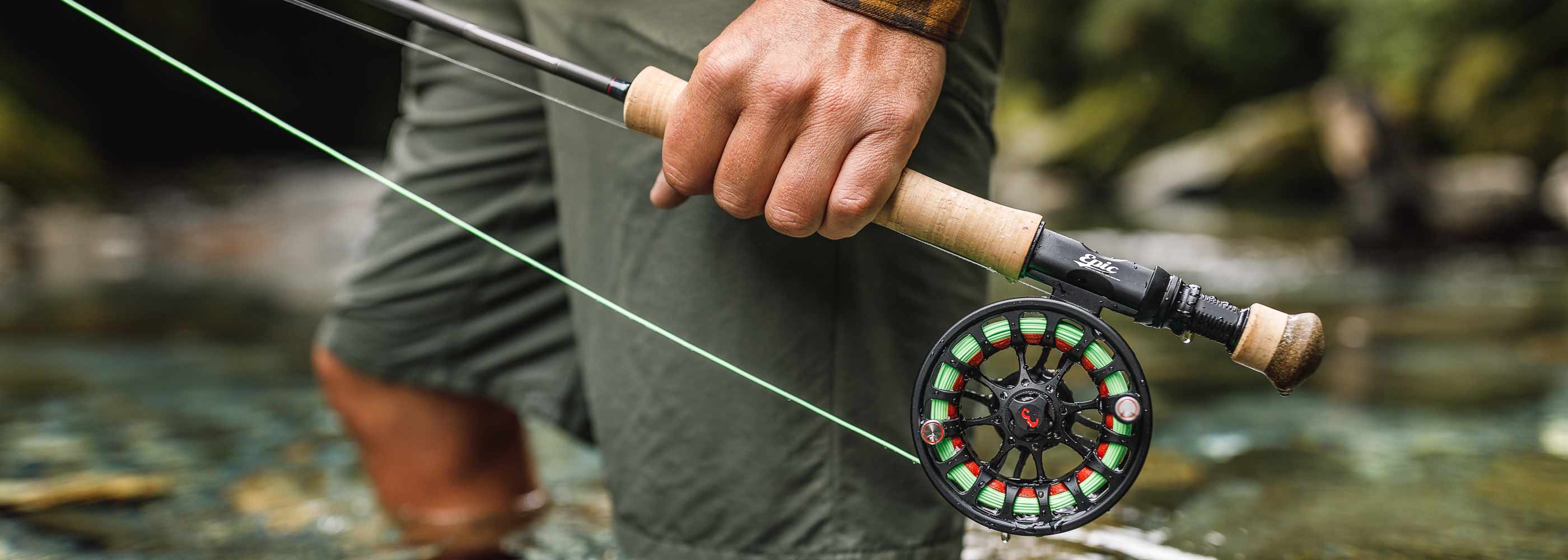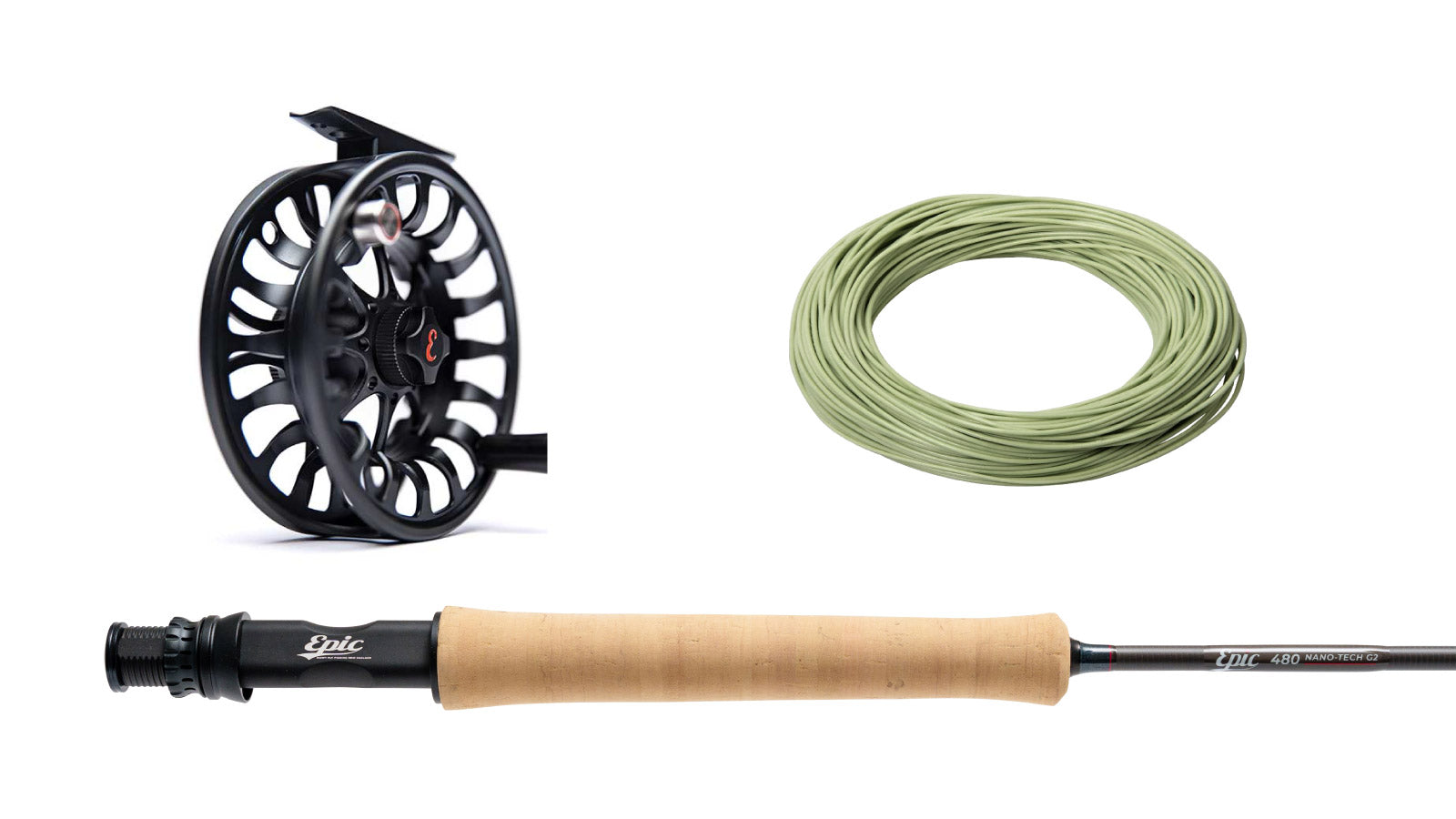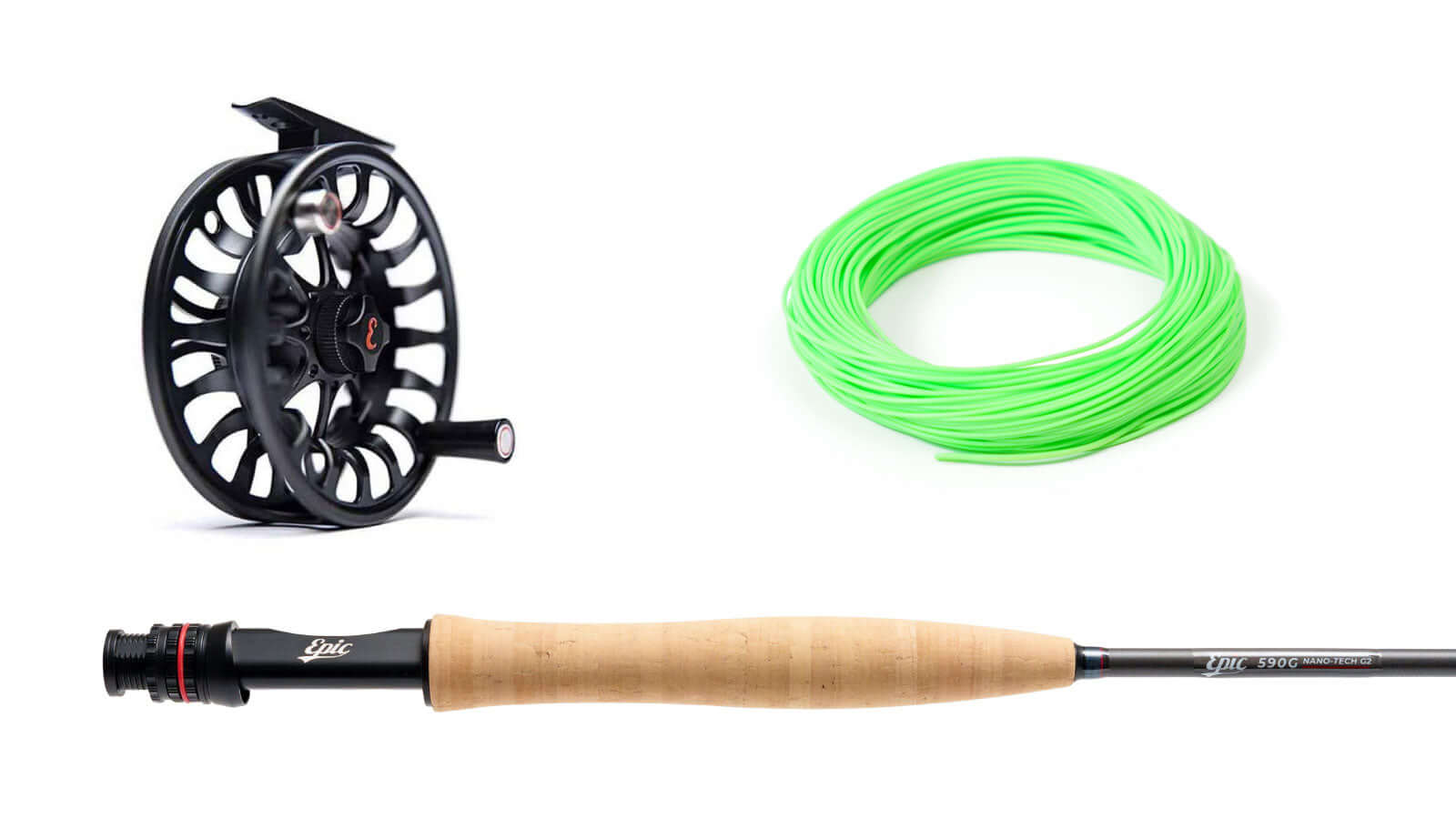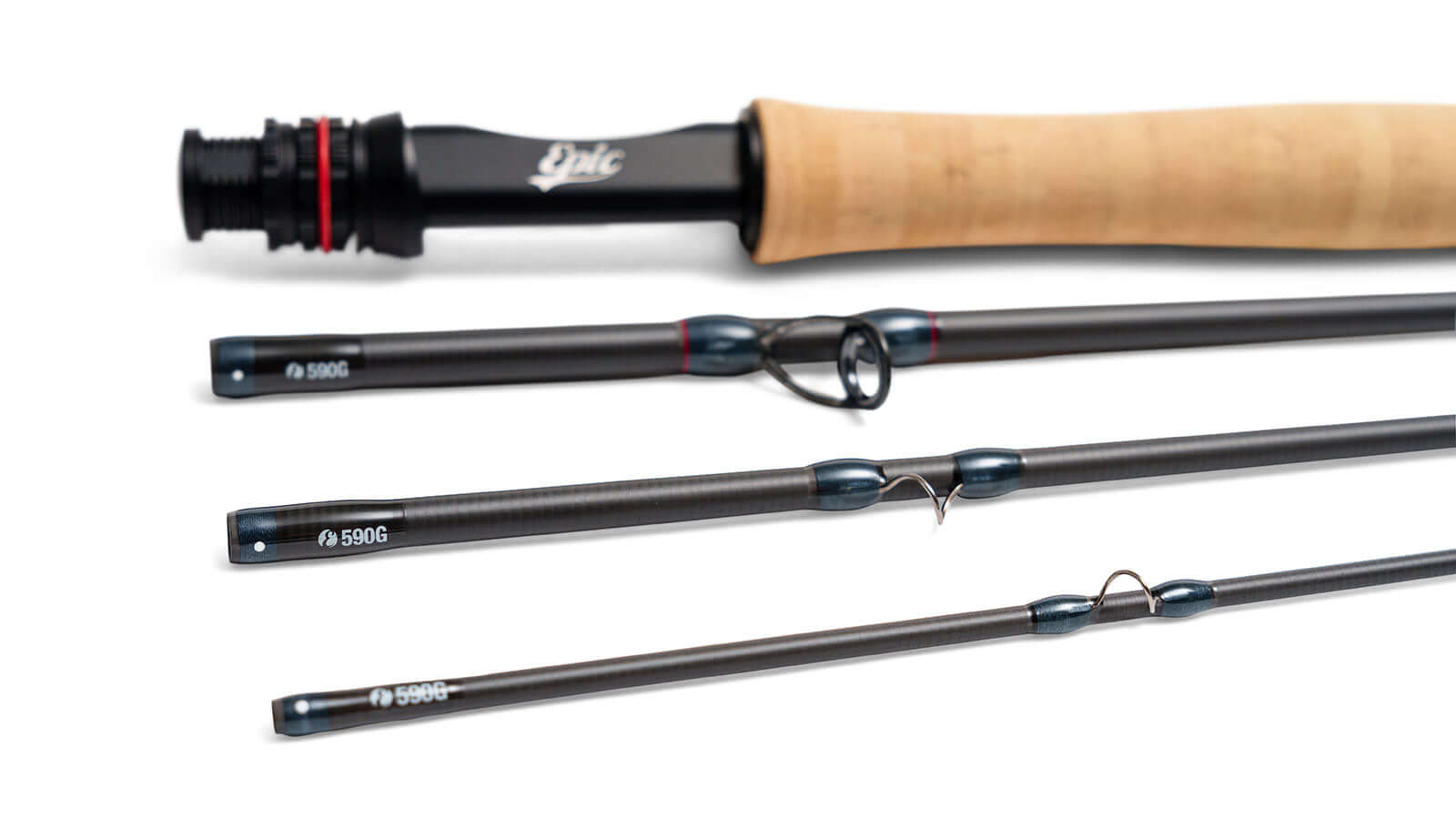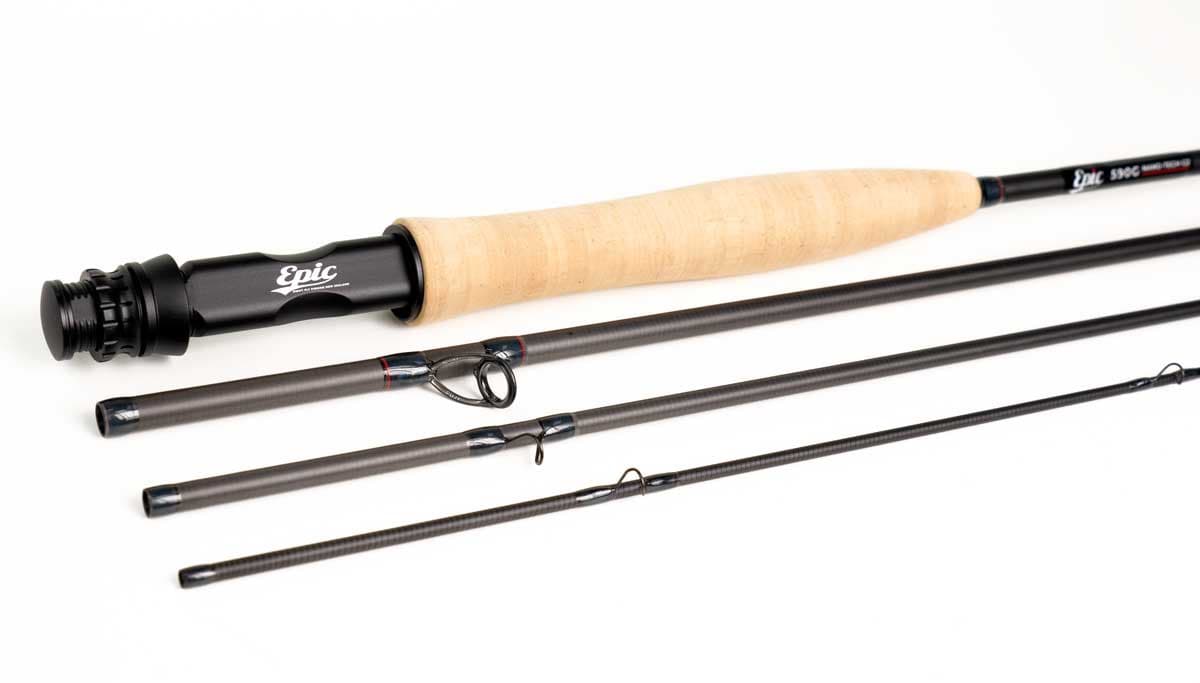Epic Cat' - Super-Sized Catfish on Fly
Jean-Charles Maurs catches big fish, very big fish. In fact, he delights in chasing and landing the largest know freshwater fish on the planet. The Wel's Catfish.
His weapon of choice to land these leviathans is a custom built 12wt Boca Gande FastGlass fly rod
You can find Jean-Charles and his insanely big Catfish on Instagram here barbel_fly

Size
"With a total length possibly up to 5 m (16 ft) and a maximum weight of over 300 kg (660 lb),[6] the wels catfish is by some margin the largest true freshwater fish (as opposed to anadromous or catadromous) in its region (Europe and parts of Asia). Such lengths are rare and unproven during the last century, but there is a somewhat credible report from the 19th century of a wels catfish of this size. Brehms Tierleben cites Heckl's and Kner's old reports from the Danube about specimens 3 m (9.8 ft) long and 200–250 kg (440–550 lb) in weight, and Vogt's 1894 report of a specimen caught in Lake Biel which was 2.2 m (7 ft 3 in) long and weighed 68 kg (150 lb).[7] In 1856, K. T. Kessler wrote about specimens from the Dnieper River which were over 5 m (16 ft) long and weighed up to 400 kg (880 lb).[8] (According to the Hungarian naturalist Ottó Hermann [1835-1914], catfish of 300–400 kilograms were also caught in Hungary in the old centuries from the Tisza river.) [9]

Most adult wels catfish are about 1.3–1.6 m (4 ft 3 in–5 ft 3 in) long; fish longer than 2 m (6 ft 7 in) are a rarity. At 1.5 m (4 ft 11 in) they can weigh 15–20 kg (33–44 lb) and at 2.2 m (7 ft 3 in) they can weigh 65 kg (143 lb).
Only under exceptionally good living circumstances can the wels catfish reach lengths of more than 2 m (6 ft 7 in), as with the record wels catfish of Kiebingen (near Rottenburg, Germany), which was 2.49 m (8 ft 2 in) long and weighed 89 kg (196 lb)."
Physical characteristics
"The wels catfish's mouth contains lines of numerous small teeth, two long barbels on the upper jaw and four shorter barbels on the lower jaw. It has a long anal fin that extends to the caudal fin, and a small sharp dorsal fin relatively far forward. The wels relies largely on hearing and smell for hunting prey (owing to its sensitive Weberian apparatus and chemoreceptors respectively), although like many other catfish, the species is characterised with a tapetum lucidum, providing its eyes with a degree of sensitivity at night, when the species is most active. With its sharp pectoral fins, it creates an eddy to disorient its victim, which the predator sucks into its mouth and swallows whole. The skin is very slimy. Skin colour varies with environment. Clear water will give the fish a black color, while muddy water will often tend to produce green-brown specimens. The underside is always pale yellow to white in colour. Albinistic specimens are known to exist and are caught occasionally. Wels swim in a fashion similar to eels, and so can swim backwards."


